
Climate change is threatening coral-reef-associated ecosystem services and people’s well-being. Addressing direct On summer evenings in the 1980s, the residents of a houseboat community in Sausalito, California would often have trouble sleeping. A bizarre and persistent humming noise would keep them awake, and although they investigated, neither the residents nor the local authorities could pinpoint the problem. They ruled out noise from generators, and even considered the possibility of secret military tests. It was researchers at the nearby Steinhart Aquarium who finally identified the culprit. The strange noise was the courtship song of male toadfish who were doing their best to attract.
Back then, the field of bioacoustics – the scientific study of the production, transmissio...
Read More









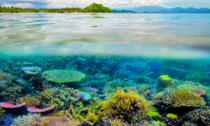
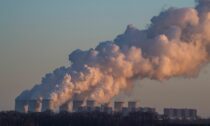
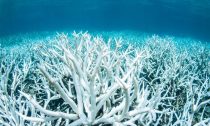
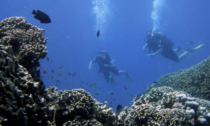
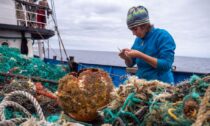
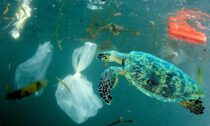




Social Profiles